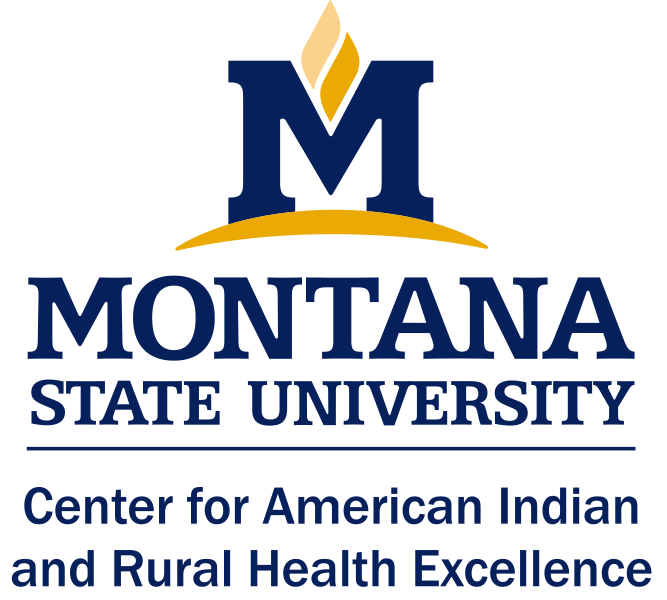Improving Transition to Cancer Survivorship Care Through Engagement and Collaboration
2024–present

Project Leader Marg Hammersla, Ph.D., RN
MSU Mark & Robyn Jones College of Nursing
margaret.hammersla@montana.edu
To facilitate quality care during transition from anti-cancer treatment to cancer survivorship care, clear communication and collaboration among the healthcare team, including oncology and primary care providers, are necessary. The five domains of the National Cancer Institute’s quality cancer survivorship care include prevention and surveillance for recurrences and new cancers; surveillance and management of physical effects; surveillance and management of psychosocial effects; surveillance and management of chronic medical conditions; and health promotion and disease prevention. To provide actionable strategies for oncologic practice, the American College of Surgeons’ Commission on Cancer (CoC) recommends and encourages that cancer survivors (CS) receive a written summary of the treatment and plan for addressing need for ongoing care coordination beyond initial treatment. Despite this recommendation, there are well-documented gaps in care during transitions to cancer survivorship care.
To address these significant gaps in the operationalization of best practice recommendations compared to current practice, the current study will use a community-engaged research (CEeR) approach coupled with intervention mapping (IM) by engaging survivors, oncology providers, and primary care providers. Utilizing this CEeR IM process, this study will 1) identify individual- and provider-level facilitators and barriers of cancer survivorship care transitions; and 2) identify and prioritize opportunities to improve collaborative cancer survivorship care transition.
The overarching aim of this research is to develop systems-level strategies to improve cancer survivorship care transitions in Montana. This will be accomplished via focus group interviews with 3 key stakeholders: 1) cancer survivors, 2) oncology providers, and 3) primary care providers. The data collected from these 3 groups of stakeholders will inform the work of a previously assembled Community Advisory Board (CAB), consisting of individuals from each of the 3 stakeholder groups, who will participate in discussions to identify and prioritize potential interventions to address the unique challenges of delivering and accessing cancer survivorship transition care in Montana. The CAB will also participate in project interpretation and be retained for future projects.

